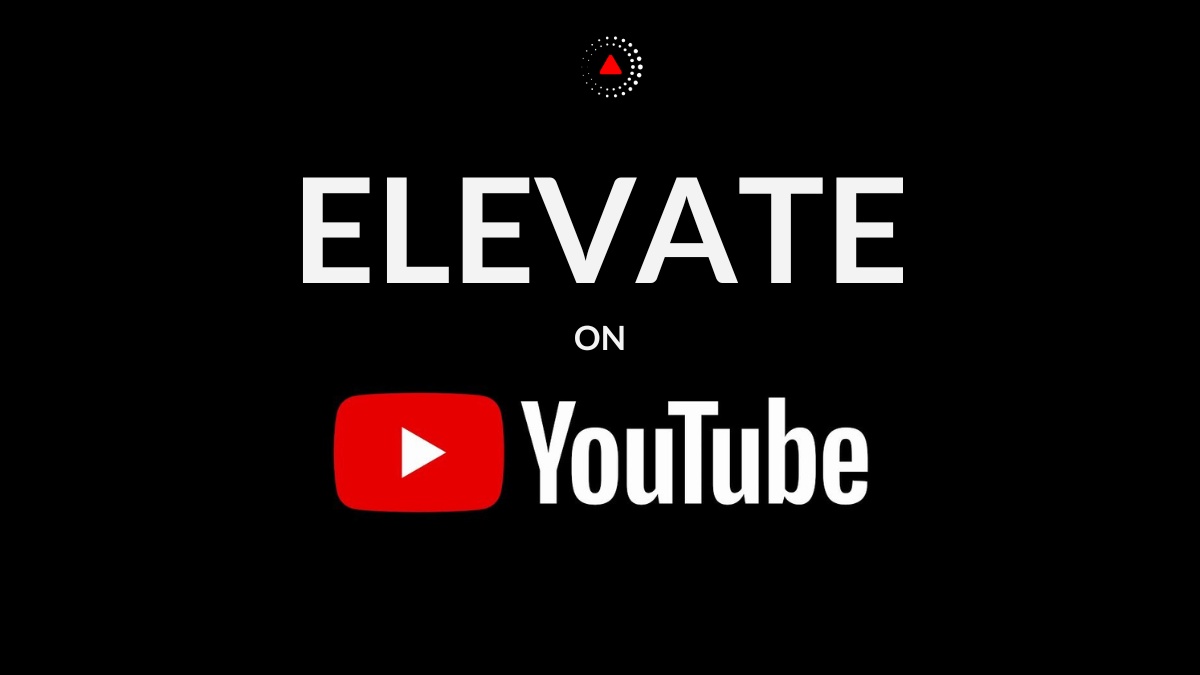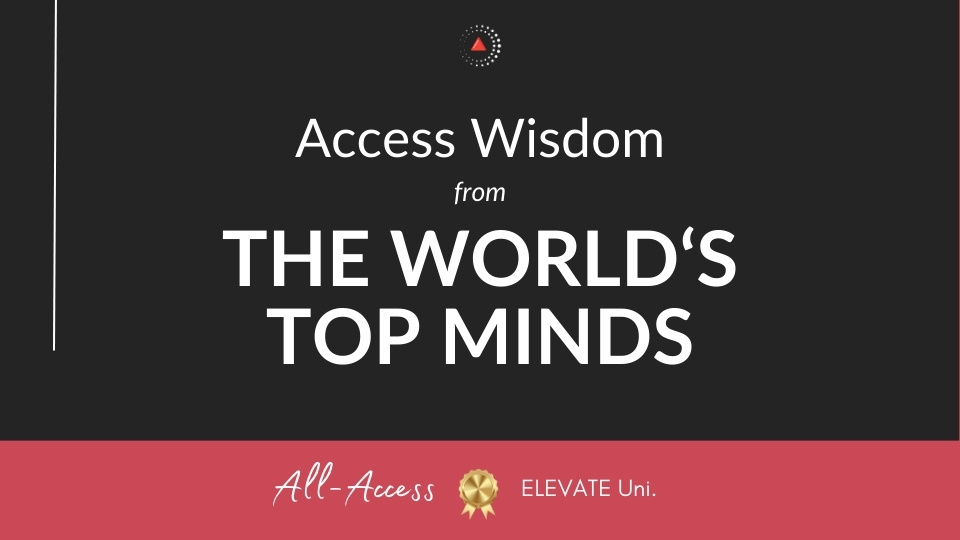Life’s most persistent and urgent question is, ‘What are you doing for others?’
What's the meaning of this quote?
Quote Meaning: The quote highlights the significance of compassion, empathy, and altruism in the grand scheme of life. At the core of this quote lies the belief that our existence transcends our own personal interests and well-being. It suggests that one's life purpose should not be solely centered on personal achievements, but rather on the impact we have on the lives of others. By asking ourselves how our actions benefit those around us, we can develop a deeper sense of fulfillment and interconnectedness with the world. This quote encourages the reader to evaluate their own motivations and to consider the ripple effect that their actions have on their community and beyond. In essence, it serves as a reminder that our truest sense of purpose and fulfillment comes from our capacity to help, uplift, and positively impact the lives of those around us.
Who said the quote?
The quote "Life's most persistent and urgent question is, 'What are you doing for others?'" was said by Martin Luther King (Bio / Quotes). Martin Luther King Jr. was a civil rights activist and Baptist minister who became one of the most influential leaders in American history.
Applying the quote to your life
Unlock King's wisdom and apply it to your life by getting the in-depth Martin Luther King Workbook & Study Guide, complete with King's top quotes, insightful commentary, reflective questions, and practical uses for everyday life. 👇
To apply more wisdom, get the All-Access Pass, which includes hundreds of study guides from the world's top minds. These include deep insights from individuals such as Nelson Mandela, Steve Jobs, and Albert Einstein, as well as some of the top authors and personal development books.
Is there a historical example that illustrates the message of the quote?
One historical figure who vividly embodies the quote, "Life's most persistent and urgent question is, 'What are you doing for others?'" is Mahatma Gandhi. Gandhi’s life and work offer a compelling illustration of the power and importance of focusing on the welfare of others.
Gandhi's leadership in the Indian independence movement was not merely about political liberation but was deeply rooted in his commitment to improving the lives of ordinary people. His philosophy of nonviolent resistance, or Satyagraha, was grounded in the belief that personal action should be directed towards the betterment of society. Gandhi's efforts were not self-serving; instead, they were centered on the principle of serving others and promoting social justice.
A particular instance of this can be seen in Gandhi’s campaign to improve the conditions of the untouchables, a marginalized group in Indian society. Despite knowing the potential for backlash from various societal sectors, Gandhi actively worked to uplift this community. He went on hunger strikes, spoke out against discrimination, and made efforts to integrate untouchables into mainstream society. His dedication to addressing the plight of the untouchables demonstrated a profound commitment to serving others, even when it came at a personal cost.
Gandhi’s relentless focus on the needs of others and his personal sacrifices to bring about social change are a testament to how the most pressing and urgent question in life is indeed what one is doing for others.
What are Martin Luther King's Best Quotes?
Watch on Elevate Uni's YouTube channel and be sure to subscribe for more wisdom and insights from the world's top minds.
Subscribe on YouTube to get the latest quote videos delivered straight to you:
How can the quote be applied in a real-life scenario?
Applying the quote "Life's most persistent and urgent question is, 'What are you doing for others?'" in everyday life involves shifting our focus from personal ambitions and immediate gains to the broader impact of our actions on others.
Consider a scenario where you are a team leader in a company. Instead of only concentrating on how to advance your own career or achieve personal accolades, you could channel your energy towards the development and well-being of your team members. This might involve mentoring junior colleagues, advocating for fair treatment and opportunities for all, or creating a supportive work environment. By prioritizing the growth and success of others, you not only foster a positive workplace culture but also enhance the collective productivity and satisfaction of the team.
Another example could be in the context of community involvement. Suppose you volunteer for a local non-profit organization. Rather than participating only for personal fulfillment or to enhance your resume, consider how your contributions can make a meaningful difference in the lives of those served by the organization. This might involve not just performing tasks but also taking the initiative to understand the needs of the community, proposing new ideas, or offering support in areas that might not be immediately visible.
In both cases, applying the quote involves a shift from self-centered goals to a focus on how one’s actions contribute to the well-being of others. It means asking oneself regularly, "How can I use my skills, time, and resources to positively impact those around me?" By consistently reflecting on this question, you align your actions with a greater sense of purpose and contribute to a more compassionate and supportive world.
Chief Editor
 Tal Gur is an author, founder, and impact-driven entrepreneur at heart. After trading his daily grind for a life of his own daring design, he spent a decade pursuing 100 major life goals around the globe. His journey and most recent book, The Art of Fully Living, has led him to found Elevate Society.
Tal Gur is an author, founder, and impact-driven entrepreneur at heart. After trading his daily grind for a life of his own daring design, he spent a decade pursuing 100 major life goals around the globe. His journey and most recent book, The Art of Fully Living, has led him to found Elevate Society.



























